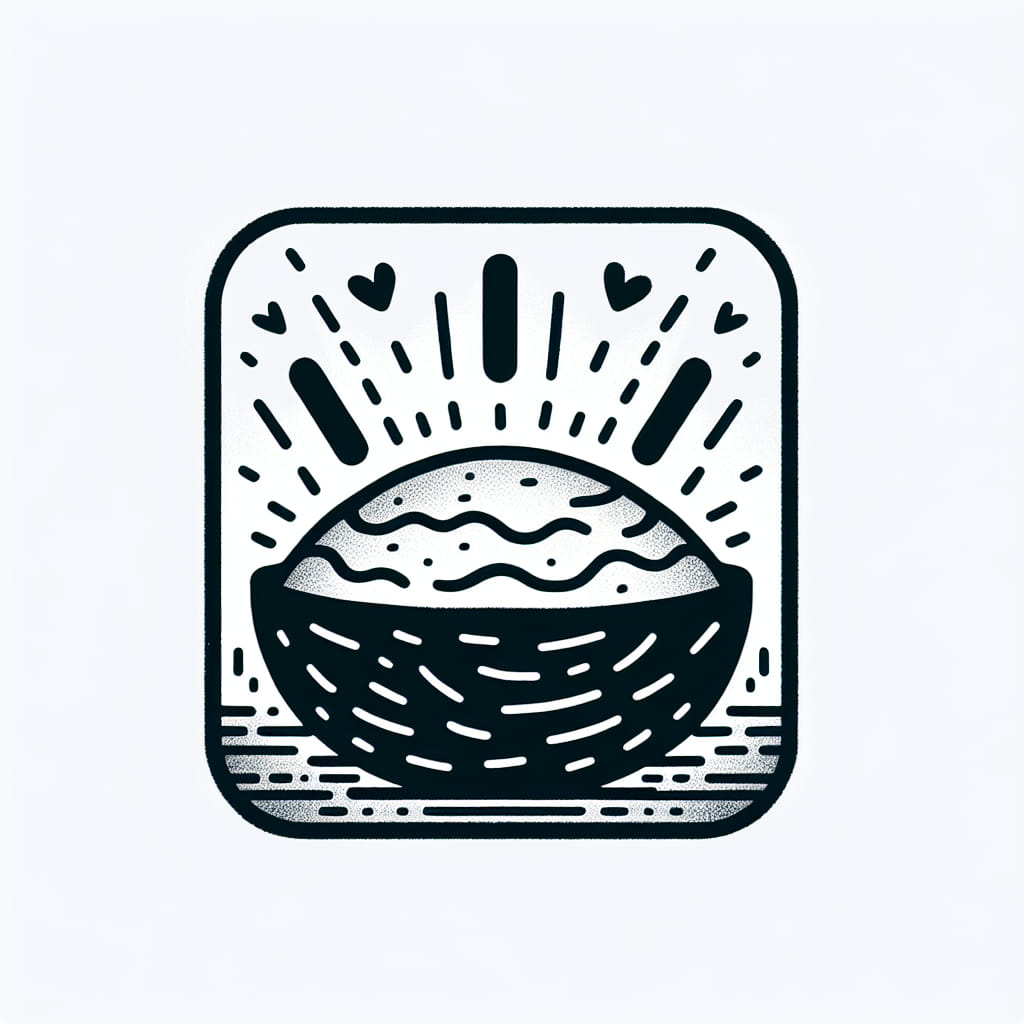· word of the day · 3 min read
Unlocking Polish Culture: The Delightful Word Zakalec and Its Culinary Charm
Discover the intriguing Polish word zakalec and learn how understanding such unique terms can enrich your language learning experience and deepen your cultural insights.

Discovering unusual words in a language can be a delightful journey that not only expands your vocabulary but also deepens your understanding of the culture and nuances of the language. When learning Polish, encountering unique and fascinating words can make the process more engaging and rewarding. Today, we will explore one such intriguing word in the Polish language: “zakalec”.
What is “zakalec”?
Pronunciation
First, let’s get the pronunciation right: “za-ka-lec”. The emphasis is on the first syllable: ZA-ka-lec.
Meaning
“Zakalec” is a noun that refers to a type of culinary mishap, specifically a dense, underbaked cake or bread. Imagine baking a cake and finding that it hasn’t risen properly, resulting in a heavy, moist, and somewhat doughy texture. That’s a “zakalec”.
Cultural Significance
In Polish culture, the concept of “zakalec” is quite common, especially among home bakers. It’s a word that evokes a mix of frustration and humor, as many people have experienced the disappointment of a baking project gone wrong. However, it also serves as a reminder of the learning process involved in cooking and baking.
Examples of “zakalec” in Use
Here are some examples of how “zakalec” is used in everyday conversation:
“Upiekłam ciasto, ale wyszedł mi zakalec.”
- Translation: “I baked a cake, but it turned out to be a zakalec.”
“Muszę znaleźć przepis, który nie kończy się zakalcem.”
- Translation: “I need to find a recipe that doesn’t end up as a zakalec.”
“Nie przejmuj się, każdemu czasem wychodzi zakalec.”
- Translation: “Don’t worry, everyone ends up with a zakalec sometimes.”
Idiomatic Expressions and Sayings
While “zakalec” itself is not commonly used in idiomatic expressions, it often appears in humorous or self-deprecating remarks about one’s baking skills. For instance:
“Mam talent do robienia zakalców.”
- Translation: “I have a talent for making zakalecs.”
“To ciasto to prawdziwy zakalec.”
- Translation: “This cake is a real zakalec.”
These expressions highlight the light-hearted way in which Poles might discuss their kitchen failures.
Role in Literature and Folklore
Although “zakalec” might not be a central theme in Polish literature or folklore, it does appear in anecdotes, cookbooks, and stories shared among family and friends. The word embodies the trial-and-error nature of cooking, and its presence in everyday language underscores the importance of perseverance and humor in the face of failure.
Enriching Your Language Learning
Learning words like “zakalec” can significantly enrich your language learning experience. Such words provide insight into the everyday lives and cultural practices of native speakers. They also offer a glimpse into the humor and resilience that characterize Polish culture.
By incorporating unique words into your vocabulary, you can:
- Enhance Communication: Using culturally significant words helps you connect more deeply with native speakers and understand their experiences.
- Improve Fluency: Familiarity with a wide range of vocabulary, including unusual words, can make your speech more fluent and natural.
- Gain Cultural Insight: Words like “zakalec” reveal cultural attitudes towards common activities, such as baking, and highlight the shared experiences that bring people together.
So, the next time you encounter a baking mishap, remember the word “zakalec” and appreciate the learning opportunity it presents. Embrace the humor and resilience that come with such experiences, and let them enrich your journey of learning Polish.
For more resources on learning Polish, including vocabulary and cultural insights, consider downloading Glosa, a comprehensive language learning app. You can download it here.
Happy learning, and may your baking endeavors be free of zakalec!




